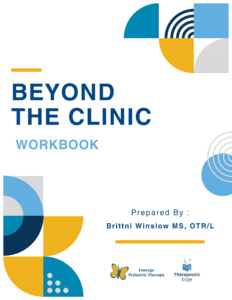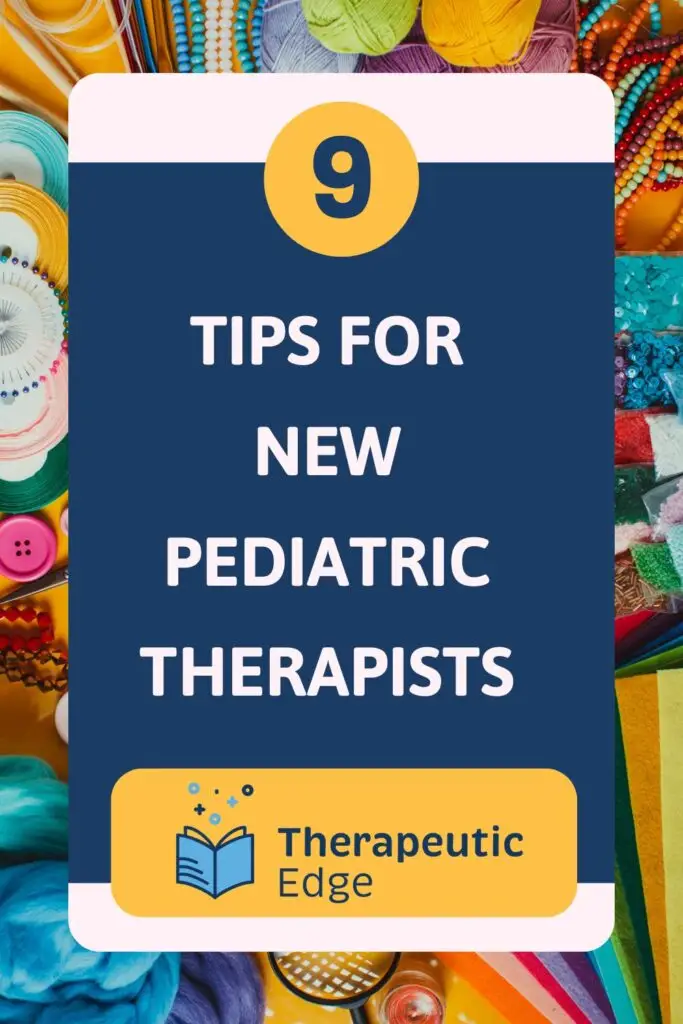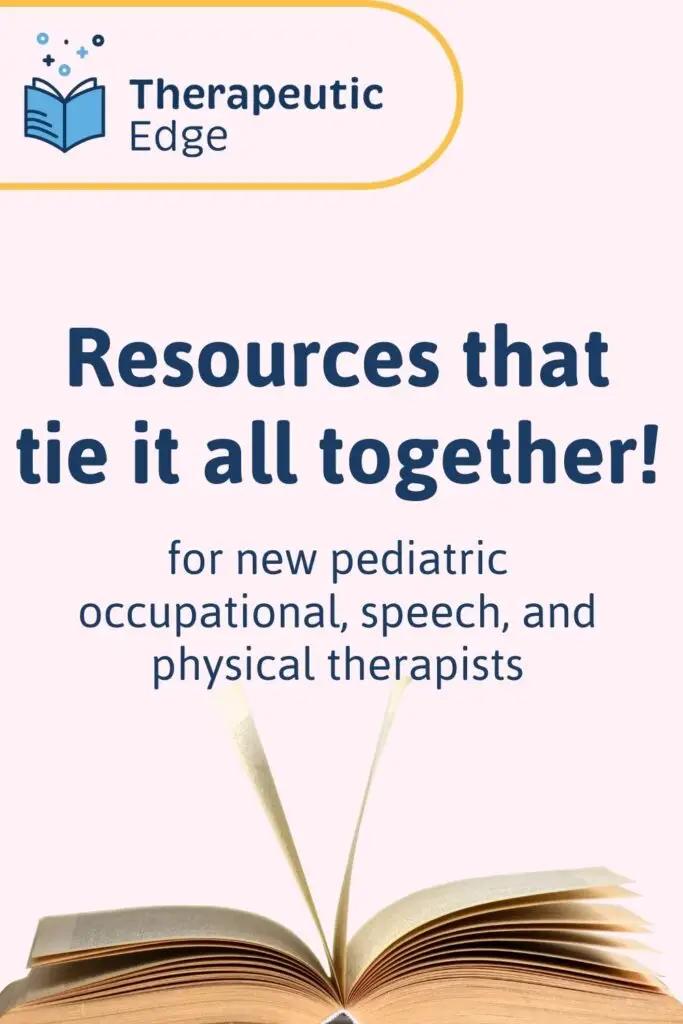QUICK TIPS
1) Write down your goals and don’t forget to DREAM BIG! What would you do if there were no constraints? We encourage you to brainstorm all of the possibilities, and by writing them down you may find it easier to prioritize or see trends and patterns. Knowing the big dreams can help you make better career moves or choose courses and trainings that align to drive you closer to that dream.
I dreamed of beginning my own practice right after graduation. Thus, all of my future career moves were driven by my goal. Take courses relating to your career goals and read as much as you can. Ask questions and follow others with similar goals and dreams.
2) Join your local, state, and national organizations. It may seem expensive now but the rewards will be great. Often, organizations grant members unique access to research and other documents. It’s also critical to know your state’s laws.
3) Create business cards and keep them current. Canva is one of our favorite tools for creating marketing materials, including a vast number of business card templates. Often their printing service is comparable, if not cheaper, to other printing sites. It’s easy to fall into “trendy” templates, but we encourage you to consider creating something that speaks to you and really represents your personality. It’s never too soon to market yourself, and trust us, once people find out what you do, the questions and potential referrals are bound to follow!
4) Networking is one of the most critical activities a new therapist can engage in. Since the therapy communities are generally close-knit, knowing who runs local meetings, support groups, and local clinics can benefit you greatly. Be sure to maintain a positive and professional attitude as you enter meetings and group events. We encourage you to think of it as though you’re always in an interview for a new job! You never know when or where a therapist is seeking a new hire! Keep in touch with your grad school professors and clinical instructors. And don’t forget that mentorship is another form of networking (both for the mentor and the mentee). We know plenty of therapists who ended up seeking jobs from former supervisors years after grad school. Be open with communication with other therapists in other practice settings. This will keep referrals for clients and also potential jobs open!
For example, once at our parent company,
Emerge Pediatric Therapy, we had a therapist who developed a friendly working-relationship with a school based therapists because they shared a mutual client. A year later the school-based therapist reached out asking if our therapist had the space to take a last minute student whose clinical placement had fallen through. The therapist, having a positive relationship with the school therapist, agreed. The student was phenomenal and after she graduated we were thrilled to be able to hire her! Networking at its finest!
5) Create a stellar resume! Remember to include your volunteer and unique skills. Oftentimes, employers prefer to hire therapists with neat and creative skill sets vs. those with only high GPAs. Being a juggler, for instance, says a great deal about your coordination and ability to entertain your pediatric clients!
6) Sign up for magazines and marketing materials from different equipment suppliers. I’m always surprised at the discounts available for exceptional products! Thumbing through catalogs is not only fun but sparks creativity!
7) Start building a library of personal resources! Start with our award-winning books as they’re great for parents, therapists, teachers, etc. Follow this blog for more FREE information about blogs, books, and resources. Check out our course offerings and shop our store, filled with more resources to make therapy planning simpler. Don’t just stay here though! It’s important to seek information, book, journals, blogs, etc from a variety of voices in order to keep up-to-date and balanced in your views. It’s important to take in information with
a healthy does of critical thinking rather than blind following.
8) Use your resources such as Facebook, Instagram, LinkedIn, Twitter, Instagram, and YouTube. Again, keep in mind that social media can give you great snap shots and sound bites but it is up to you to dive deeper for a fuller understanding.
9) Consider malpractice insurance. Many employers cover the general liability of equipment and/or staff but I always recommend purchasing your coverage. Pricing is dependent on full or part-time employment and experience. You worked HARD for your education, licensure, and certification, so protect it.
**We receive no compensation from either insurance company.





